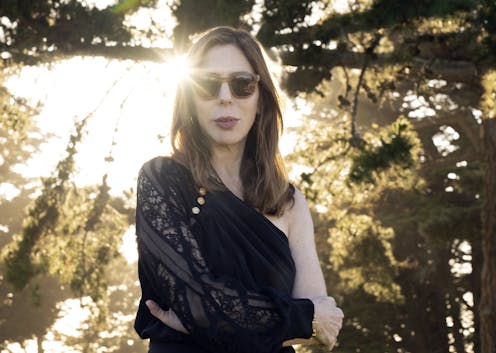Rachel Kushner’s revolutionary spy novel reflects on our hurtle towards extinction
- Written by Alexander Howard, Senior Lecturer, Discipline of English and Writing, University of Sydney

Rachel Kushner ranks among the finest novelists working today.
The recipient of several major literary awards and a former Guggenheim Fellow, Kushner, who has a background in political economy and United States foreign policy, uses her fiction to explore the historical and geopolitical pressures that bear down on and determine everyday life and patterns of social behaviour.
“What is shaping people? What are the pressures that delineate how they think, act, speak?” These are some of the questions she poses in her body of work.





